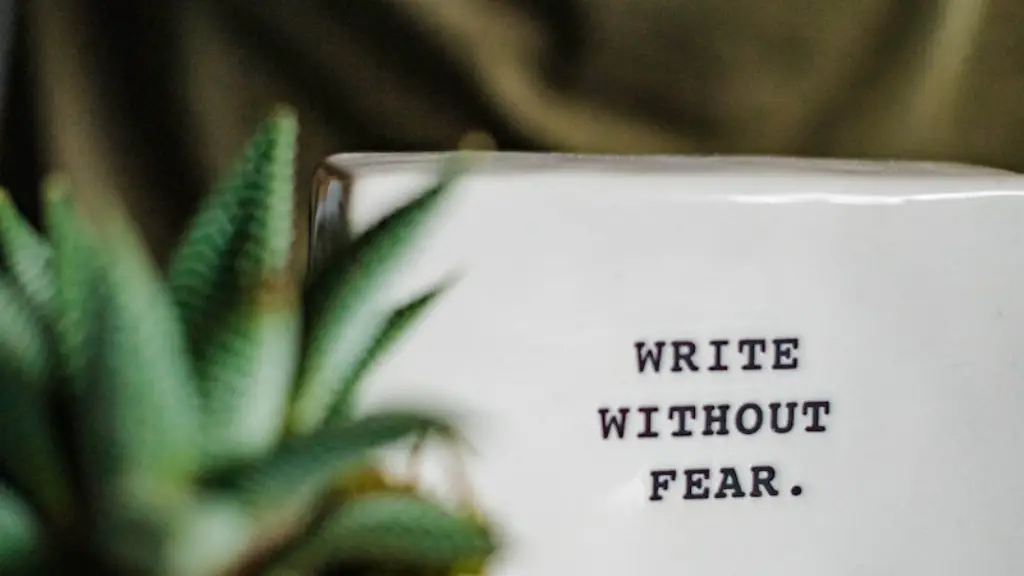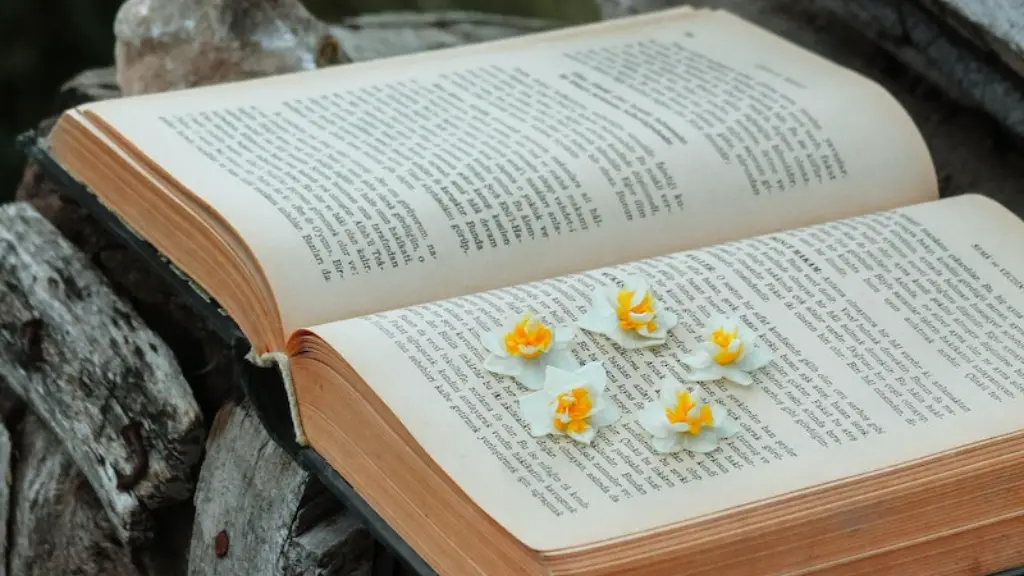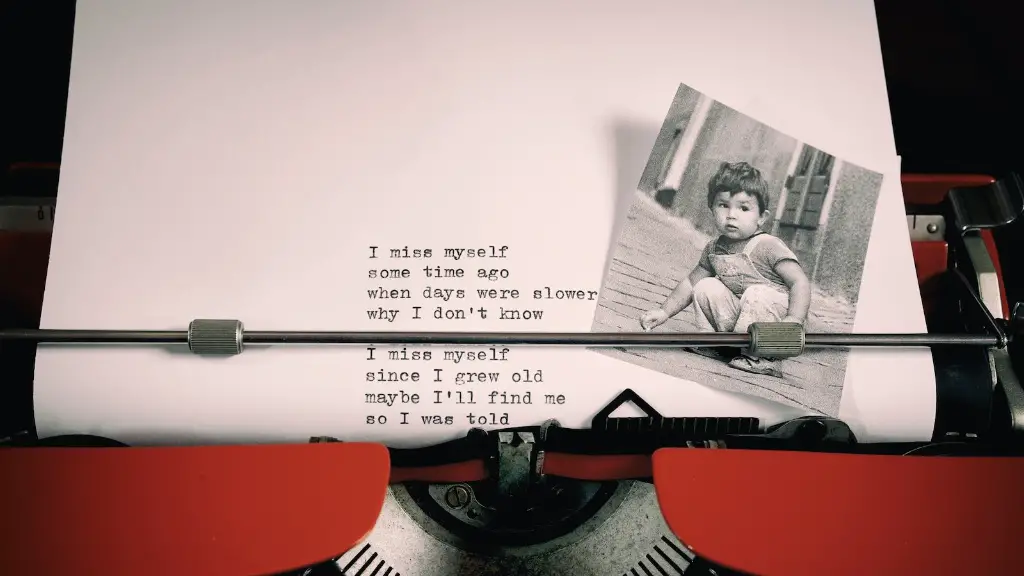Origin of War Poetry
War poetry has been a mainstay of literature since the dawn of time. Throughout cultures and societies, humans have depicted war and its consequences in lyrical form. The earliest verses were probably composed in the Homeric tradition, before the dawn of the modern era. Traditional African war poetry, Chinese war poetry from the Song Dynasty, and the epic ballads of medieval Europe further evidence this form of writing over many centuries. It was not until World War I, however, that the genre gained a distinct identity.
Core Features
Generally speaking, war poetry can be defined as any type of poem about or concerning conflict. There are several core features that are common to the majority of such compositions. Firstly, there is usually some reference to the death and destruction that war inherently entails. Secondly, there is often a strong focus on the physical and psychological affects it has on those involved. Finally, most war poems emphasize the futility of war and the physical and emotional wounds it inflicts upon those who are caught up in the maelstrom. These elements combine to create a distinct genre of writing that, while often brutal in its delivery, is also deeply emotive.
Notable Examples
The Great War saw an explosion in such compositions, many of which became household names. Wilfred Owen’s ‘Dulce et Decorum est’ is a famous example, as is Siegfried Sassoon’s ‘Does it Matter’ and Rupert Brook’s ‘The Soldier’. All three are examples of so-called ‘anti-war poetry’, which was popular at the time. They take a stark look at the words of soldiers, their feelings of betrayal and isolation, and the sense of futility in the midst of such chaos. Other literati from the era, such as Wilfrid Gibson and Isaac Rosenberg, also wrote extensively on the subject, providing a comprehensive account of the trauma of WWI.
Modern War Poetry
The concept of war poetry has continued to evolve, however. In the decades after World War II, there was a resurgence of interest in the genre, with many modern writers contributing their own works on the subject. From the lyrical musings of T.S. Eliot to the contemporary reflections of Alice Oswald, poets and authors have continued to provide a unique insight into the darker side of war. In recent years, the work of Desmond O’Grady, Andrew Motion, and Seamus Heaney has provided a powerful counterpoint to the wild jingoism of past wars.
Analysis and Discussion
The continued popularity of war poetry over the centuries is testament to its power as a form of communication. By delving into the psychology of conflict, providing unflinching insight and often capturing the silent suffering of countless individuals, war poets have been able to convey a level of understanding and respect that cannot be found elsewhere in the literary cannon. Now as ever, it behoves us to study and understand such works so as to better comprehend the immense scale of suffering that comes with war.
Civil War Poetry
The American Civil War was perhaps the first conflict to generate a truly prolific output of war poetry. Union and Confederate authors produced numerous lyrical writings – some in jest, others deeply reflective – to express their emotions on the battlefield. Notable poems from the era include Walt Whitman’s ‘O Captain! My Captain!’, Henry Timrod’s ‘A Rhapsody of a Southern Winter Night’, and John Godfrey Saxe’s ‘A War Time Lullaby’. Much of this poetry can still be found online and in poetry anthologies, providing us with a valuable insight into the feelings of both sides of the conflict.
Technology’s Impact
The rapid development of technology has led to some interesting variations within the genre of war poetry. Many modern authors are now able to craft their work using computer-based tools, enabling them to create works that range from the highly abstract to the deeply personal. A number of well-known websites now offer such services, thus providing budding war poets with a huge range of opportunities to hone their skills.
Political Poetry
At the same time, political war poetry has also become prolific over the last few decades. Political poets such as Federico Garcia Lorca and Yevgeny Yevtushenko have used their work to express their thoughts on particular wars and their various causes. In particular, the Middle East has been a particular source of inspiration for such authors, leading to the emergence of a distinct sub-genre of poetry.
Role of Education and Activism
One of the key roles of modern war poetry is to inform and educate those who are not familiar with the range and scope of conflict. Today, many established poets use their art to raise awareness and promote activism, while a number of universities now offer courses in War Poetry. This has helped to open up the genre to a wider audience, ultimately leading to a greater understanding of the impact of war and its various consequences.


